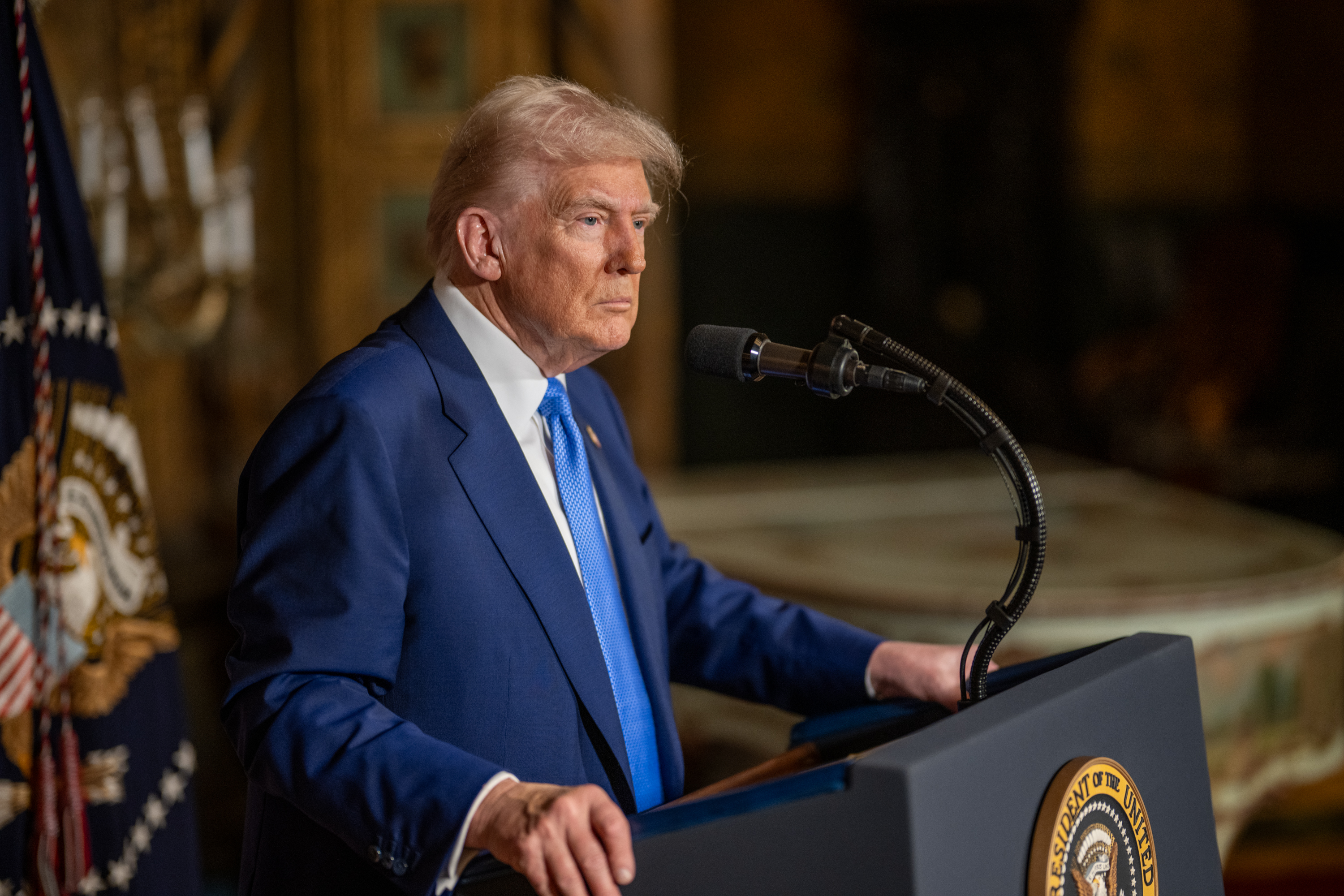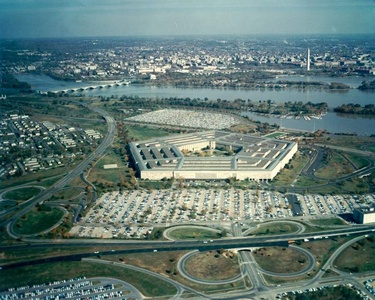Trump's Tariffs Spark Global Trade Concerns
US President Donald Trump imposes tariffs on several developing nations, sparking concerns of a global trade war and economic instability.
.jpg) Trump arrives in Nashville for presidential debate
Trump arrives in Nashville for presidential debateUS President Donald Trump has announced a series of tariffs aimed at stopping the US economy from being "cheated," but the move is likely to be met with loud protests from some of the world's weakest economies. The tariffs, which target several developing nations in Southeast Asia and Africa, have raised concerns about a potential global trade war.
Cambodia faces a 49% tariff rate, with over half of its factories being Chinese-owned and exports dominated by garments and footwear. Laos has a 48% tariff rate, with a poverty rate of 18.3% according to the Asian Development Bank. Vietnam faces a 46% tariff rate, while Myanmar has a 44% tariff rate, still reeling from a devastating earthquake and years of civil war following a 2021 military coup.
Indonesia, the biggest economy in Southeast Asia, faces a 32% tariff rate, while Thailand, the second-largest economy, has been hit with a 36% tariff rate. China has been hit with a 34% reciprocal tariff, on top of the 20% levy already imposed. Lesotho, a country with the second-highest level of HIV infection in the world, faces a 50% tariff rate.
Dr. Siwage Dharma Negara, a senior fellow at the ISEAS-Yusof Ishak Institute in Singapore, believes the tariffs on Southeast Asian nations are intended to hurt China. "The administration thinks that by targeting these countries they can target Chinese investment in countries like Cambodia, Laos, Myanmar, Indonesia. By targeting their products maybe it will affect Chinese exports and the economy," he said.
Stephen Olson, a former US trade negotiator, warns that countries in Southeast Asia may be forced to reconsider their relationships with Washington. "A closer tilt towards China could be the result. It's hard to have constructive, productive relations with a country that has just dropped a ton of bricks on your head," said Olson.
Economists have warned that the sweeping changes will raise costs, threaten jobs, slow growth, and isolate the US from a system of global trade it pioneered. Nigel Green, CEO of global financial advisory deVere Group, stated, "This is how you sabotage the world's economic engine while claiming to supercharge it." The tariffs are expected to push prices higher on everyday goods, fueling inflation.






.jpg)
Conversation